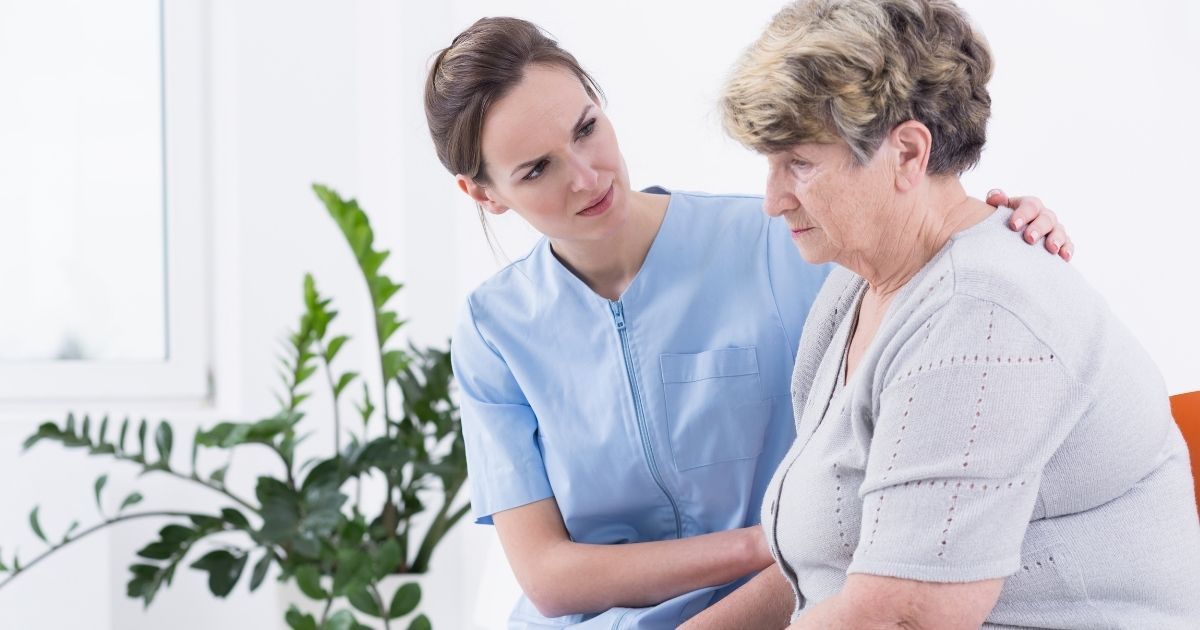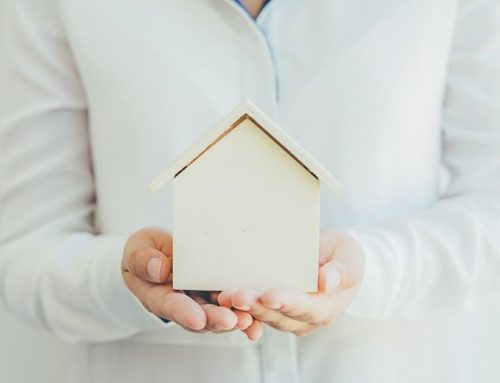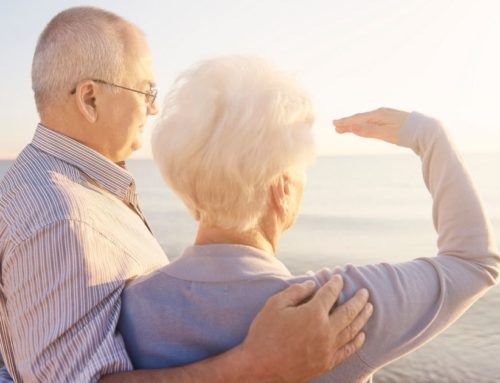Elder abuse can happen to anyone. Every year, hundreds of thousands of older adults are abused, neglected, or exploited financially. This is called elder abuse. This post will look at the warning signs that elder abuse is occurring and what you can do to help.
Fred’s Story
Fred, 76, had a stroke, which left him unable to take care of himself and execute the activities of daily living. His daughter offered to help; Fred accepted her invitation to move in with her and her family. But his daughter and son-in-law worked all day and were busy with their children in the evenings. Fred hated being a burden and disrupting their lives; he tried to take care of himself the best he could.
One day, Fred’s friend Dorothy came to visit. Much to her surprise, she observed food stains on Fred’s clothes and sores on his elbows. And, his room smelled like urine. Fred seemed depressed and withdrawn – not at all like the happy, witty friend she’d known for years. Dorothy was worried that Fred’s family was neglecting him.
Types of Abuse
In the story you just read, Fred was a victim of neglect. His needs weren’t being taken care of. Neglect may include physical, emotional, and social needs not being met or withholding medications, food, or access to healthcare. Neglect is just one form of elder abuse – these are other types that are happening every day.
- Physical abuse: bodily harm caused by hitting, pushing, slapping, or restraining an older adult against their will.
- Emotional abuse: a caregiver saying hurtful words, yelling, threatening, or repeatedly ignoring the older adult. Another form of emotional abuse is preventing the person from seeing relatives and close friends.
- Abandonment: leaving an older adult needing help alone without planning for their care.
- Sexual abuse: forcing an older adult to view or participate in sexual acts.
- Financial abuse: money or belongings are stolen, checks are forged, Social Security benefits are being stolen, or someone uses an older adult’s credit cards or bank accounts without their permission. It also includes changing names on a will, life insurance policy, or title to a house without the consent of the person they’re caring for.
These types of abuse can happen to any older adult. It often affects those adults who depend on others to help them with activities of daily living – bathing, dressing, and taking their medication.
What are the Signs of Elder Abuse?
You may observe signs of neglect or abuse when you visit an older adult at home or in an eldercare facility, such as an assisted living facility or nursing home. You may notice they:
- Stop taking part in activities they enjoy
- Look messy, with dirty clothes or unwashed hair
- Have difficulty sleeping
- Become withdrawn or act agitated
- Display signs of trauma, like rocking back and forth
- Have unexplained cuts and bruises, cuts, burns, or scars
- Have broken eyeglasses or physical signs of being restrained
- Are suffering from bed sores or other preventable conditions
- Lack medical aids, such as glasses, dentures, walker, hearing aid, medications
- Have a notice of delinquent mortgage, unpaid rent, or home eviction
What Can You Do?
If you think someone you know is being abused – physically, emotionally, or financially – talk with them when the two of you are alone. You could tell them you think something is wrong and you’re worried about them. Offer to get them help, like taking them to a local adult protective services agency, or dial 9-1-1 if you believe they’re in imminent danger.
Elder abuse is something everyone needs to be aware of. World Elder Abuse Day is being observed on June 15, 2021. Let your friends and family members know and share this article with them. Let’s all do our part to notice and prevent elder abuse.
Can We Help?
New Wave Home Care’s carefully screened and professional caregivers can help your loved one remain safe in their own home. Our services include respite care, personal care, transitional care, hospice support, and medication reminders.
Our mission is to support families with personalized in-home solutions. We’ve been providing exceptional home care services in Pasadena, CA, for over 15 years. Contact us today for a FREE in-home assessment by visiting us at www.newwavehomecare.com or calling us at (626) 662-7738.







